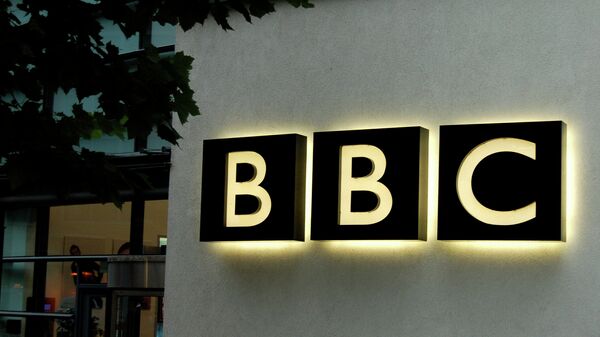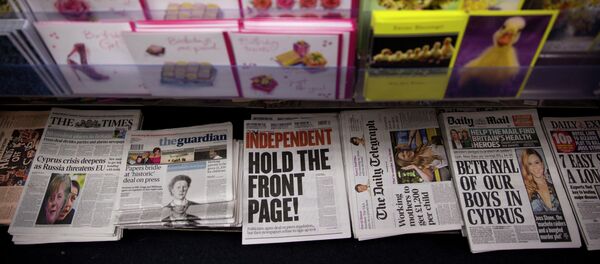An investigation into the pro-Israeli bias was carried out in response to complaints put forward by the Palestine Solidarity Campaign (PSC), following presenter Sarah Montague's interview with Moshe Yaalon in March.
The incident is the second time in the past 12 months that the BBC has been found guilty of not following impartiality standards in relation to Palestinian issues, after the organization's Editorial Complaints Unit (ECU) found that an article in July last year about Gaza's tunnel network had been misleading, as the author Eado Hecht had been referred to as an 'independent' defense analyst.
However, in the most recent case, which has not yet been published online, activists say that Montague was found guilty of not sufficiently challenging the statements made by Yaalon during an interview on the radio current affairs program Today.
@Sarah_Montague By way of reparation the #BBC & yourself must apologise on Today for disseminating disinformation & anti-#Palestine bias.
— 4tt3nt4t (@4tt3nt4t) May 19, 2015
‘Shocking Silence' From Reporter
Among the comments that drew the most reaction was a statement from the defense minister who, when talking about the situation in the region, claimed that "the Palestinians enjoy already political independence… And we are happy with it."
PSC activist Amena Saleem, in an article for The Electronic Intifada, wrote that the interview "was shocking in that a supposedly impartial journalist remained completely silent as the defense minister told lie after lie on air."
"The two ECU rulings highlight just how often the BBC provides an unchallenged platform to Israel's spokespeople."
According to Saleem, when the Today program was contacted by the PSC in relation to the complaints, assistant editor George Mann wrote an email response saying, "I'm sorry you didn't enjoy Sarah Montague's interview with Moshe Yaalon… Having listened back [to the interview], I feel she challenged him well."
'No Meaningful Challenge' to Statements
However, following further complaints made to the BBC's ECU, Fraser Steel, head of the organization's editorial complaints department admitted that there had been a lack of questioning of Yaalon's statements.
"Mr. Yaalon was allowed to make several controversial statements… without any meaningful challenge, and the program-makers have accepted that the interviewer ought to have interrupted him and questioned him on his assertions," he said.
"The result was that the output fell below the BBC's standards of impartiality."
The report into the ECU finding is expected to be published online in the near future.




